
This interactive bibliography offers insights into lithium-ion battery recycling.

This interactive bibliography offers insights into lithium-ion battery recycling.

This infographic provides some of the main reasons why metal analysis is essential for battery recycling.

Modern society relies on plastic—However, it remains a mostly nonbiodegradable material and can take up to an estimated 400 years to break down depending on the type of plastic. This e-book examines the steps Agilent is taking to help address our plastic problem.

The Agilent Cary 60 UV-Vis spectrophotometer is the new, improved successor to the award-winning Cary 50 UV-Vis. In this short review, this instrument platform was evaluated for its potential to measure small (40 µL) samples of methylene blue in situ during exposure to high-intensity UV irradiation. Methylene blue is combined with other compounds used in a variety of applications, including use in cosmetics and sun screen products and environmental remediation in contaminated air and polluted water.
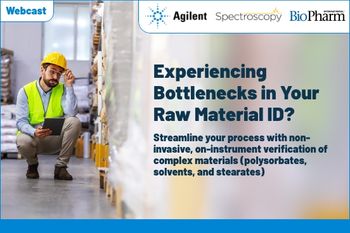
Webinar Date/Time: Tuesday, January 9, 2024 at 11am EST | 8am PST | 4pm GMT| 5pm CET

The increasing concern over microplastics in the environment and food chain is prompting potential regulations worldwide, impacting laboratories and producers. These entities will need to better understand the presence of microplastics in their products, with the development of standard testing methodologies underway and various challenges being encountered in their implementation.

Reaching sustainability and efficiency goals simultaneously is possible in RMID, a regulatory-enforced part of (bio)pharmaceutical drug manufacturing.

Protein consumption from sources such as animals, plants, and cell cultures, among others, is on the rise. Because of the increase in the use of alternative proteins in food production, manufacturers must be aware of updates to regulations and should be savvy in using ICP-MS to assess for potentially harmful elements.
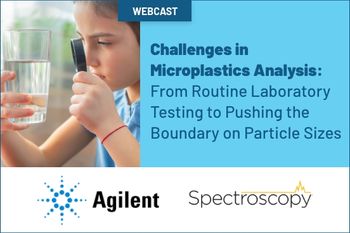
Webinar Date/Time: Europe: Thursday, September 28, 2023, at 1 pm BST | 2 pm CEST North America: Thursday, September 28, 2023, at 1 pm PDT | 4 pm EDT Asia: Friday, September 29, 2023, at 9:30 am IST | 12 pm CST | 1 pm JST | 2 pm AEDT

Determination of Elemental Impurities in Silicon-Carbon Anode Materials for Lithium-Ion Batteries by ICP-OES

This study demonstrates the use of ICP-MS to measure very low levels of contaminants that affect lithium-ion battery performance and safety.

This study describes how to quantify 18 metals in “black mass” battery materials, obtained by recycling lithium ion batteries, using ICP-OES.

This study demonstrates accurate, multi-element determination of low-level contaminants in graphite anode material.

A paper describing quality assurance of lithium-ion battery precursor chemicals by Agilent 5800 VDV ICP-OES

Food manufacturers must ensure that TiO2 is within safe levels and correctly listed on a product label. However, measuring TiO2 in food products presents some challenges for the analysis via common atomic spectroscopy. Titanium dioxide may also be present in foods as nanoparticles, which requires specialized measurement techniques if the nanoparticles are to be quantified separately. Agilent is developing the measurement methodology to help manufacturers meet these new regulations.

This on-demand webinar includes tips on using Atomic Absorption Spectroscopy (AAS) for elemental analysis of food.

This application note includes the method, sample prep and typical results for this analysis of difficult food matrices using an Agilent ICP-OES

In this study an Agilent 8900 ICP-QQQ operating in MS/MS mode successfully characterized TiO2 nanoparticles in various sample matrices with a particle size detection limit of approximately 30 nm.

This paper demonstrates the use of MS/MS mass-shift mode for analysis by ICP-MS. Mass-shift mode was able to successfully resolve 48Ca+ isobaric interference on the 48Ti+ ion

To comply with government regulations concerning nutrition and safety, food producers commonly use atomic spectroscopy techniques such as ICP-OES & ICP-MS. In this on-demand webinar, current analytical methods are discussed, as well as necessary microwave sample preparation techniques to enhance efficiency and accuracy for the modern food lab.
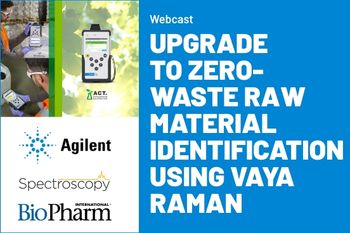
Webinar Date/Time: Europe: Wednesday, June 28, 2023, at 2 pm BST | 3 pm CEST North America: Wednesday, June 28, 2023, at 1 pm PDT | 4 pm EDT Asia: Thursday, June 29, 2023, at 10:30am IST | 1 pm CST | 2 pm JST | 3 pm AEDT
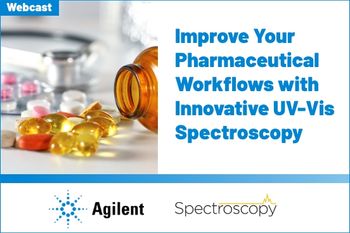
Webinar Date/Time: Wednesday, June 21st, 2023 at 11am EDT | 8am PDT | 4pm BST | 5pm CEST
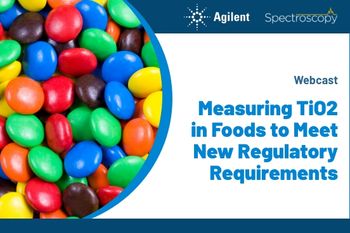
Webinar Date/Time: Tuesday, June 6th, 2023 at 11am EDT | 8am PDT | 4pm BST | 5pm CEST Tuesday, June 6th, 2023 at 2pm EDT | 11am PDT | 1pm BST | 5pm CEST Wednesday, June 7th, 2023 at 12pm JST | 11am CST | 1pm AEST
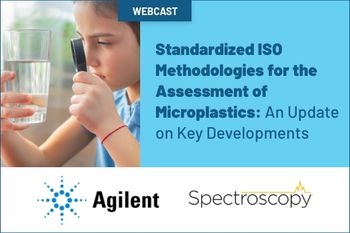
Webinar Date/Time: Europe: Tuesday, May 9, 2023, at 3pm BST | 4pm CEST North America: Tuesday, May 9, 2023, at 11am PDT | 2pm EDT Asia: Wednesday, May 10, 2023, at 8:30am IST | 11am HKT | 12pm JST | 1pm AEDT
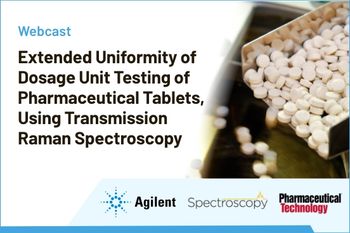
Webinar Date/Time: Europe: Tuesday, 28 March, 2023 at 1pm BST | 2pm CET North America: Tuesday, 28 March, 2023 at 11am PDT | 1pm CDT | 2pm EDT Asia: Wednesday, 29 March, 2023 at 10:30am IST | 1pm SGT | 2 pm JST | 4pm AEDT
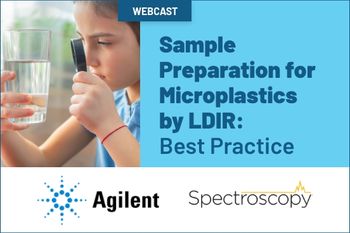
Webinar Date/Time: On-Demand
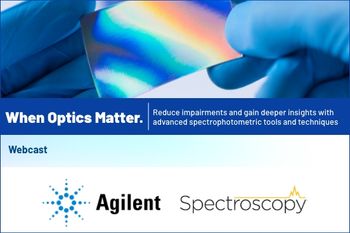
Webinar Date/Time: Wednesday, August 23rd, 2023 at 8am PDT | 11am EDT | 4pm BST | 5pm CEST
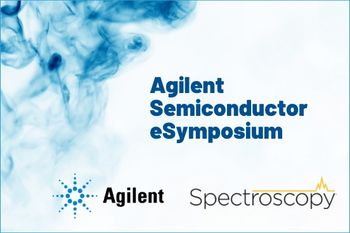
Webinar Date/Time: Tue, Jan 24, 2023 11:00 AM EST

With the rising consumption of protein, there has been a focus on non-animal alternatives. Six primary sources that are now available or in development for commercial use in the food chain include: animal-based proteins (ABP), plant-based proteins (PBP), fermentation-based proteins, insect-based proteins, cell culture-based proteins, and hybrid proteins. With a call for testing, Agilent has solutions for every step of the process.

With the rise of alternative sources of protein, manufacturers of protein substitutes must ensure the safety and nutritional content of their products. Therefore, measuring heavy metals and nutrient elements is an important part of any food quality system. Inductively coupled plasma mass spectrometry (ICP-MS) is the ideal technique for this application.

Published: July 6th 2023 | Updated:

Published: September 14th 2020 | Updated:

Published: July 6th 2023 | Updated:
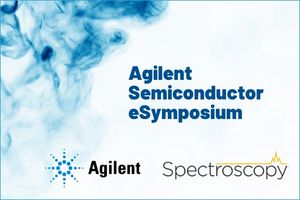
Published: January 9th 2023 | Updated:

Published: July 14th 2022 | Updated:

Published: October 3rd 2022 | Updated: